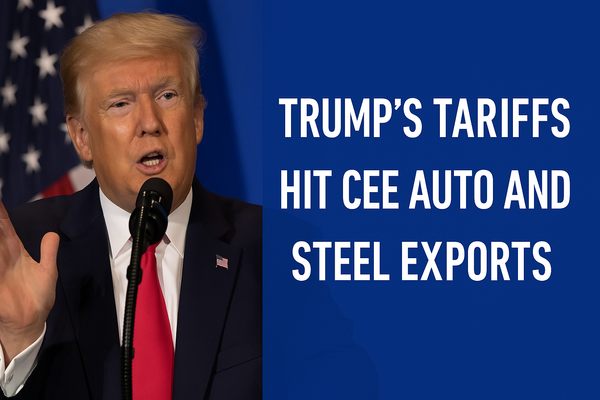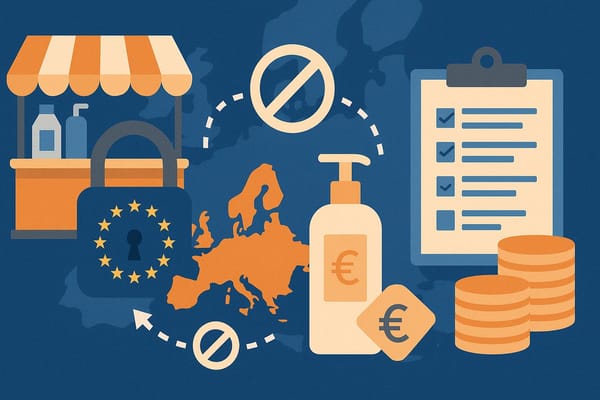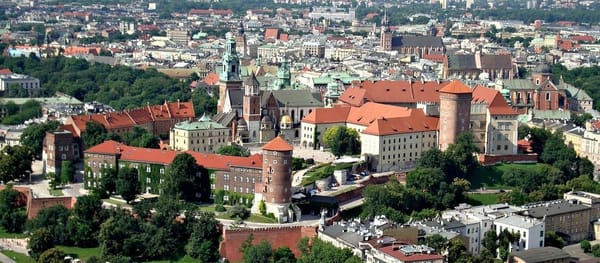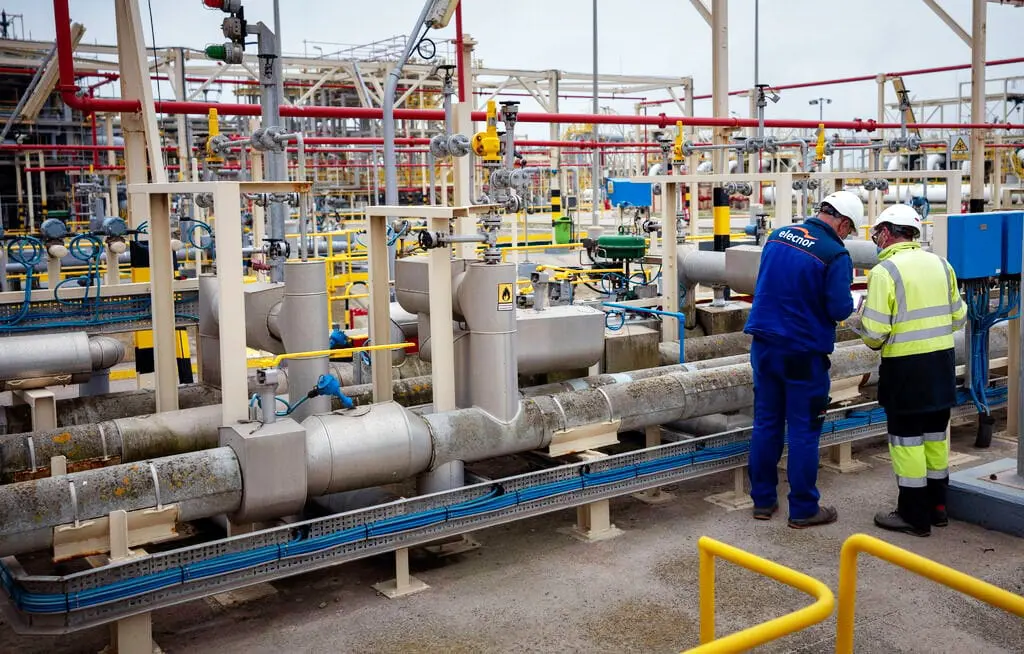
Hungary's energy strategy has left it vulnerable to electricity price speculators - report
Hungary’s electricity market has become a focal point for speculative trading, driven by a combination of renewable energy imbalances and the rise of algorithmic trading, Hungarian media reported.
Denmark leads charge in algorithmic trading
Danish firms, leveraging advanced forecasting tools, are exploiting price fluctuations in Hungary, which lacks the diversified energy infrastructure seen in other EU markets. This dynamic is reshaping energy trading across Europe, with significant implications for market stability and regulation, Hungarian weekly Heti Valasz writes.
Government policies that have restricted wind power development and the reliance on weather-dependent solar energy have debilitated Hungary’s energy market. Solar production creates large price swings on the HUPX energy exchange, exacerbated by limited grid integration with broader European networks.
Danish energy firms saw combined revenues soar from EUR 120mn in 2020 to EUR 5bn in 2022, cementing Denmark as an algorithmic trading hub, with its liberalised energy market and highly skilled workforce offering a competitive advantage.
Companies from Denmark collecting big profits from automated energy trading include PowerMart and Nidhog, using new algorithms that process millions of data points per minute, analysing weather patterns and economic activity to predict supply-demand imbalances.
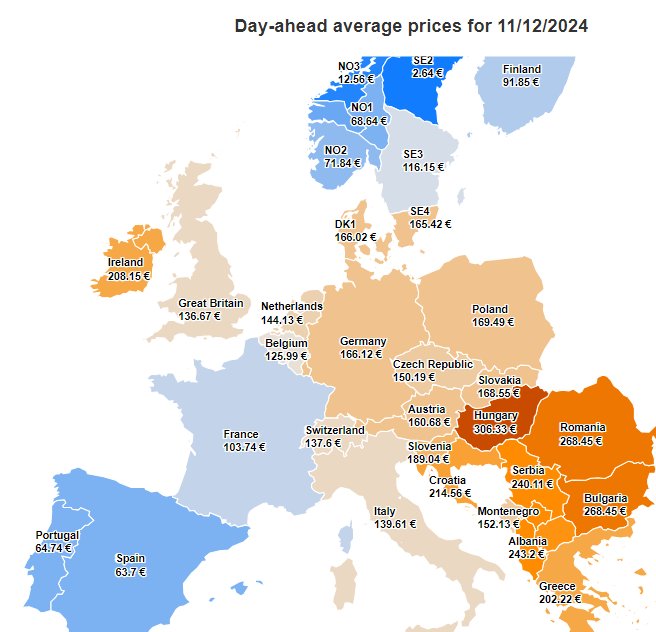
Policy choices under scrutiny
While solar produces more than 10% of Hungary’s electricity consumption, wind contributes just 1%, making the market more predictable for traders relying on algorithms, and encouraging speculative activity.
The Hungarian weekly magazine writes that “Hungary is an ideal destination for such speculation, because all you have to do is monitor sunshine. Where there are also lots of wind farms, it is more complex, as it is easy to have high winds in cloudy weather or calm winds in sunshine, and the two production technologies balance each other out. It is much more risky to predict changes in the volume of production – and therefore changes in the price of electricity – where the production distribution of renewables is more complex,” Heti Valasz adds.
A lack of regulatory oversight compounds the problem, and EU regulators such as the Agency for the Cooperation of Energy Regulators (ACER), are struggling to monitor the average 139 trades per second of automated transactions.
Hungary’s vulnerability to speculative trading raises questions about its renewable energy strategy. The government’s resistance to wind power development has created a skewed energy mix, leading to extreme price fluctuations, including instances of negative electricity prices when solar overproduction overwhelms the grid. As the EU pushes for carbon neutrality by 2050, greater grid integration and regulatory oversight will be essential to prevent market distortions and ensure stability, Heti Valasz adds.
Cautionary tale for Europe
Algorithmic trading bears risks beyond market volatility, including cyber-attacks. A coordinated attempt on trading systems could disrupt European electricity supplies.
Energy market analyst Javier Blas warned of the unchecked influence of algorithmic trading in the Hungarian electricity market, calling for new policies to balance technological innovation with market stability.
As algorithmic trading exposes issues for Hungary, the vulnerabilities of renewable energy strategies could inform EU regulations on new technology and create more resilient and equitable energy markets, Heti Valasz adds.

